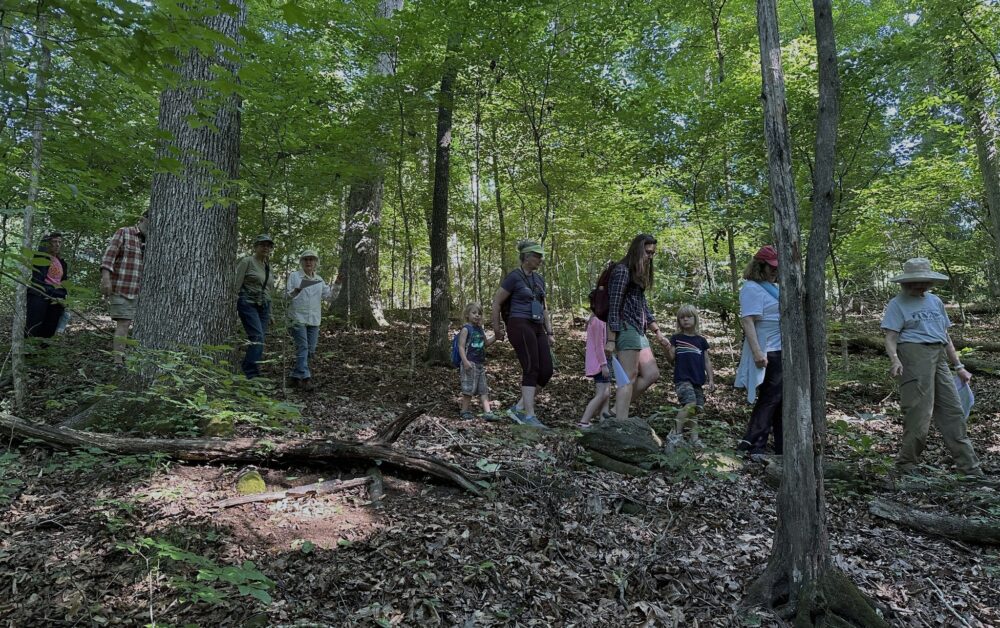1. Some Magnolia flowers have built-in heaters. (link)
2. Michigan State botanist Beronda Montgomery this month published a book that explores what plant behaviors and adaptations can teach people. In an article for The Conversation, she creates a rich picture of how plants can communicate, share resources among themselves and fungi, and self-isolate when necessary. (link)
3. The New Historian of the Smash That Made the Himalayas.
About 60 million years ago, India plowed into Eurasia and pushed up the Himalayas. But when Lucía Pérez-Díaz reconstructed the event in detail, she found that its central mystery depended on a broken geological clock. (link)
4. Why Earth’s Cracked Crust May Be Essential for Life.
Life needs more than water alone. Recent discoveries suggest that plate tectonics has played a critical role in nourishing life on Earth. The findings carry major consequences for the search for life elsewhere in the universe. (link)
5. Researchers identify a bacterium that enables its host to breathe nitrate instead of oxygen. (link)
6. Years after Marie Curie won her second Nobel prize, she couldn’t afford a gram of radium, the element she codiscovered. It cost today’s equivalent of $1.3 million. This podcast recounts how a magazine editor named Marie Meloney raised the money in small donations from women around the US – enough to buy a fresh gram of radium for Curie’s research and to establish a trust fund for the scientist and her daughters, one of whom would go on to earn a Nobel Prize of her own. (There’s a transcript if you can’t listen.) (link)
7. Rosemary recommends this Zoom recording that discusses the history of alpha-gal sensitivity: how it was discovered and the ensuing problems it presents to medical practice. (link)
8. From The Guardian: Just 3% of world’s ecosystems remain intact, study suggests. Pristine areas in the Amazon and Siberia may expand with animal reintroductions, scientists say. (link)
9. Another piece from The Guardian. ‘A poor man’s rainforest’: why we need to stop treating soil like dirt. The mysterious world under our feet is under threat. Protecting it is as vital as tackling the climate crisis, scientists warn. (link)
10. Pharma and the US government plan for covid-19 booster shots. It’s unclear how long protections against infection will last from the initial vaccinations. People could need booster shots, but only time will tell. (link)
11, Gary Crider recommended: Ants that can regrow their brains. (link)
12. Those mysterious “Fairy Circles” are back in the news with a new hypothesis of how they are formed, at least in Australia. Known for years only in Namibia, the Australia proposal could be different from how they are formed in Namibia. (link)
13. Find an earlier summary of the causes of Fairy Circles here.
